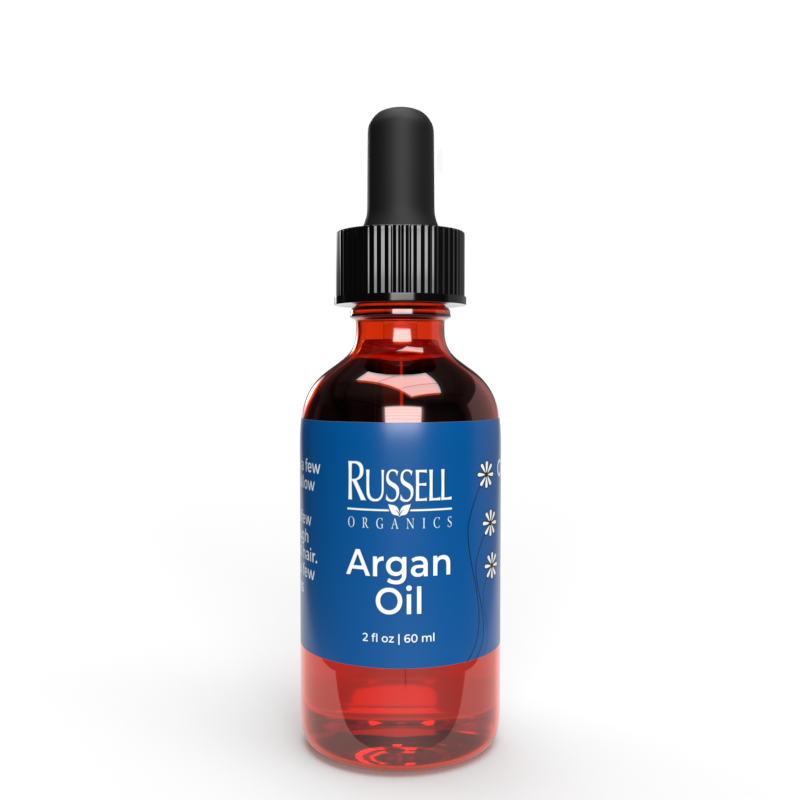
Argan oil has become a favorite in the skincare industry due to its wide array of benefits. Extracted from the kernels of the argan tree (Argania spinosa), which is native to Morocco, this precious oil is packed with essential nutrients and offers a natural solution for multiple skin issues. In this comprehensive article, we will explore the numerous skin benefits of using argan oil topically.
Rich in Vitamins
One of the primary reasons argan oil is highly beneficial for the skin is its high vitamin content. Notably, argan oil contains vitamins E and A. These vitamins are vital in maintaining skin health.
Vitamin E
Vitamin E is an essential nutrient for skin health. It acts as a powerful antioxidant, shielding the skin from oxidative stress. Vitamin E also helps maintain the skin's moisture barrier, preventing dryness and keeping the skin well-hydrated.
Retinoic Acid
Vitamin A is a well-known ingredient in various skincare products for its ability to promote skin cell regeneration. This vitamin aids in reducing the appearance of fine lines and wrinkles. It also supports the production of collagen, crucial for keeping the skin's elasticity and firmness.
Nourishing Fatty Acids
In addition to vitamins, argan oil contains essential fatty acids, including omega-3, omega-6, and omega-9. These fatty acids are essential in maintaining the skin's natural barrier and retaining moisture.
Linolenic Acid
Linolenic acid are known for their anti-inflammatory effects. They help soothe irritated and inflamed skin. For those with sensitive or acne-prone skin, argan oil offers significant benefits.
Linoleic Acid
Linoleic acid play a key role in maintaining the skin's barrier function. They help prevent moisture loss and maintain skin hydration. Linoleic acid is also known for helping reduce acne by regulating sebum production.
Oleic Acid
Omega-9 fatty acids offer nourishment and moisture to the skin. These acids are also known to improve the absorption of other beneficial ingredients in skincare products.
Fighting the Signs of Aging
Argan oil is renowned for its argan oil for frizzy hair ability to combat signs of aging. Regular use of this oil can significantly reduce the appearance of fine lines, wrinkles, and age spots.
Collagen Booster
As mentioned earlier, this oil includes vitamin A, which stimulates collagen production. Higher collagen levels result in firmer, more elastic skin. It lessens the visibility of fine lines and wrinkles, making the skin look.
Hyperpigmentation Reduction
Vitamin A found in argan oil helps fade dark spots and hyperpigmentation. Consistent use of the oil can lead to a more even skin tone and brighter complexion.
Improves Skin Texture
This oil also aids in enhancing skin texture. It encourages skin cell turnover, resulting in smoother and more refined skin. Moreover, the moisturizing qualities of the oil ensure the skin remains soft and supple.
Deep Hydration
One of the key benefits of argan oil is its ability to moisturize and hydrate the skin. Its light texture enables easy absorption without leaving any greasy feeling.
Locks in Moisture
The essential fatty acids in argan oil assist in moisture retention, preventing dryness and keeping the skin hydrated. This makes argan oil an excellent choice for those with dry or dehydrated skin.
Strengthens the Skin Barrier
By strengthening the skin's natural barrier, argan oil helps preventing moisture loss and protects against environmental aggressors. This is particularly beneficial for individuals with sensitive skin.
Skin Healing
Another notable benefit of argan oil is its healing properties. Due to its rich content of vitamins and fatty acids helps repair damaged skin and promotes healing.
Scar Reduction
The vitamin A and fatty acids in argan oil help reduce the appearance of scars, including acne scars and surgical scars. Regular use of the oil can lead to smoother and less noticeable scars.
Soothes Inflammation
Anti-inflammatory properties of argan oil aid in soothing irritated and inflamed skin. This makes it an ideal option for individuals with conditions such as eczema, psoriasis, and rosacea.